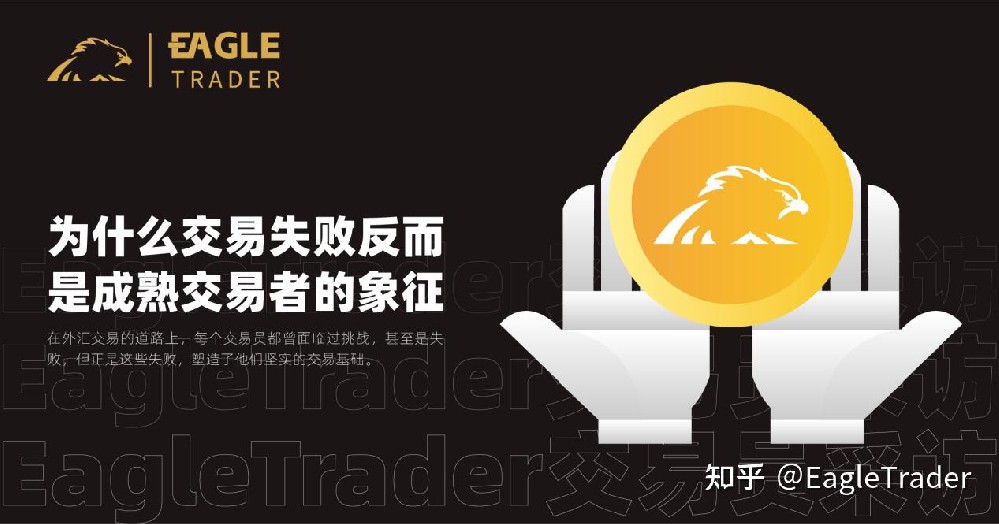EagleTrader Trader Interview | Why is trading failure a symbol of mature traders?
- 2025年5月30日
- Posted by: Eagletrader
- Category: News
On the road of Forex trading, every trader has faced challenges, even failures, but it is these failures that have shaped their solid trading foundation. In this EagleTrader trader interview, we will talk about the failures in trading with the new trader Tang Haizhou. This 8-year veteran of foreign exchange trading has gradually embarked on a stable profit track with strict trading discipline, scientific risk control management and a deep understanding of market fluctuations. But what happened to him in this long trading road?

How to face a liquidation?
“Have you ever exploded? What was your mentality at that time?” This is a severe test that many traders have faced. Tang Haizhou trader admitted that the liquidation had happened and that moment had a profound impact on his trading career. “Before the liquidation, I was lucky, tried to analyze the market, and expected the market to reverse significantly. But the result was that the market did not do as I wished.”
Trades Tang Haizhou after the liquidation learned an important lesson from it: admitting losses. He said that the liquidation made him realize that he could not give up his rational judgment of the market at any time, nor could he rely on the mentality of luck. The calm reflection after the liquidation of the position has gradually formed a strict stop-profit and stop-loss strategy, which has become one of the most important rules in his future trading.
How to find stable profits in a volatile market?
Tang Haizhou traders have a different understanding of market volatility than many traders. For him, market volatility is not only a symbol of risk, but also a source of trading opportunities. He said: “I prefer a market with high volatility. Only with volatility can there be room for trading.” However, a market with high volatility also means higher risks. How to make stable profits in this market?
The secret of Tang Haizhou traders is: strict risk management. He accurately calculates the risks he can bear in each transaction, usually controlling the risks of each transaction between 5 and 10 minutes. Even if the market sees a large drawdown, it can avoid major losses through precise position control.
Decision-making thinking for emergency situations
Suppose that the position in a certain transaction suddenly increases and the market trend also shows a large drawdown, how to make a decision? Tang Haizhou trader’s answer was: “Close the position and put the bag in peace.” He explained: “It’s wrong to have a heavy position. Whether it’s profit or loss, you have to close the position.” For Tang Haizhou trader, market fluctuations are always unpredictable, and discipline and stop-loss strategies makeHe avoided large-scale losses.
In this way, Tang Haizhou traders always stick to their trading system without letting market fluctuations or short-term profits interfere with their long-term stable profit goals. He always strictly enforces plans and avoids emotional decision-making.
Don’t do luck
As a trader with rich experience, Tang Haizhou trader has very pragmatic advice for new EagleTrader traders. He emphasized: “Don’t be lucky in the assessment. First of all, we must study risk control requirements well, design effective positions, single losses, etc., and do not take orders.”
In his opinion, the essence of trading is not only a contest of technical analysis, but also a test of one’s own psychology. Every trader should clarify his own risk tolerance, formulate clear plans, and strictly implement them, and do not allow any mentality of luck.
Tang Haizhou’s trader’s trading experience and mentality management have gradually stood out in foreign exchange trading. By constantly summarizing the experience of failure and success, he gradually found his trading system and strictly implemented it. Discipline, risk control, and position management have all become the core elements of his stable profit. Therefore, for traders, the first element of growth is to not be afraid of failure and learn to learn lessons from failure. This is applicable in both trading and life.
